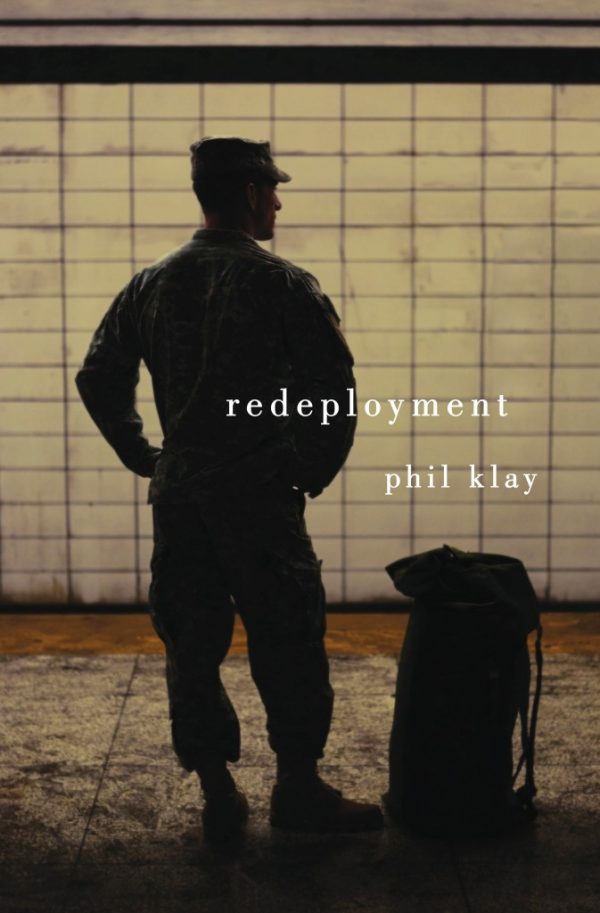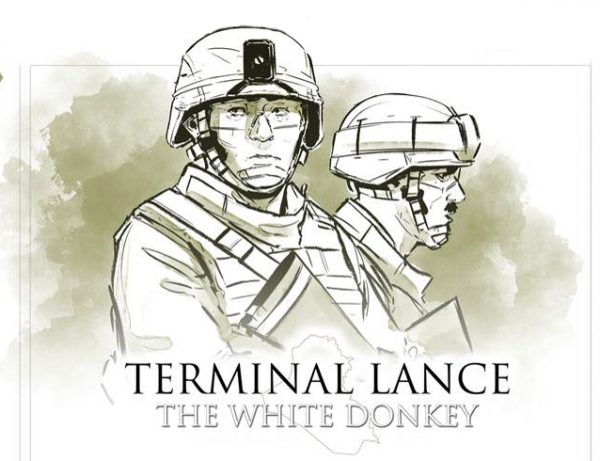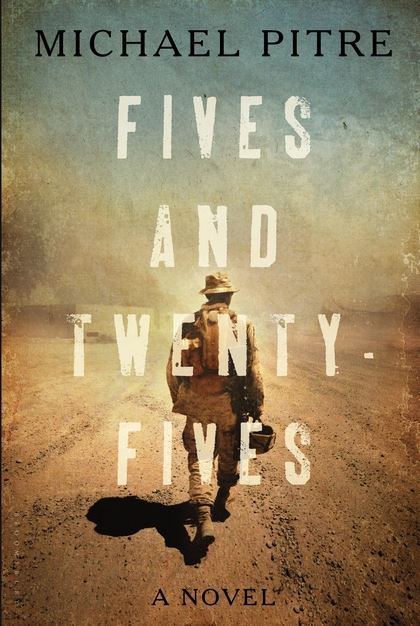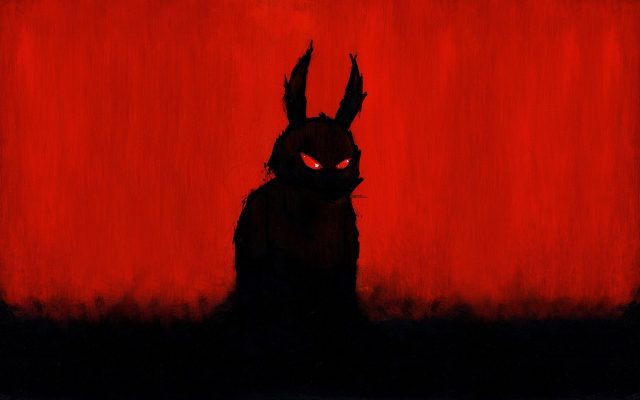Less than 1% of Americans have served in the armed forces during the most recent wars. That’s the smallest proportion in United States history. The rest of us are curious about the realities they’ve faced in foreign wars, and for those who don’t have servicemen or women in our families, books are one way we can attempt to understand.
But veterans are not necessarily writing their stories for us. First of all, no writer claims to represent the entire demographic. National Book Award winner Phil Klay explains, “At no point did I think that I would be defining the veteran experience… I was pretty skeptical of anybody who thought they could.”

Source: Amazon
Much of what veterans write can best be understood by those with similar experiences, though that doesn’t mean civilians can’t appreciate the material in a broad sense. For example, Maximilian Uriarte’s target audience is fellow Marines. He’s gained a following for his webcomic, Terminal Lance, and recently released a much heavier graphic novel, The White Donkey. “What I wanted for Marines [who] read this book is to read it and sort of gain a better insight to themselves, because I’ve been able … to examine my own experience,” he told NPR.

Source: Marine Times
It makes sense that veterans themselves would resist glamorizing life at war. Whether focused on day-to-day humdrum, adrenaline-fueled confrontations, or internal psychology, you will not find Hollywood banalities in these works. Additionally, though the topic is unavoidably political, writers tend not to approach with an agenda in mind.
“I don’t think anyone is probably particularly interested in writing that offers a bunch of platitudes on the war,” says Elliot Ackerman, author of Dark at the Crossing and Green on Blue. Michael Pitre, author of Fives and Twenty-Fives, echoes the emphasis on complexity. “Saying you’re anti-war is like saying you’re anti-suffering. It’s a simple thing to say in a complicated world.” That seems to be the common thread among these writers: though they have naturally developed perspectives on military conflicts, nobody is telling their story in order to explain the war or define a universal experience. As always, good art speaks for itself, and is open to nuanced interpretation.

Source: Amazon
Of course, writing can also be therapeutic. The DC-based Veteran’s Writing Project is staffed by vets who hold MFA or MA degrees in writing. They offer seminars and workshops in nonfiction, fiction, poetry, and playwriting, on military bases and college campuses. They also publish O-Dark-Thirty, a literary journal that accepts online submissions from active service members, veterans, and immediate family members.
Check out NPR for more writers, and tune in to your local NPR station for Here & Now this Friday. They’ll be airing another segment about books by veterans.
YouTube channel: Council on Foreign Relations
Featured image via Terminal Lance
h/t NPR



